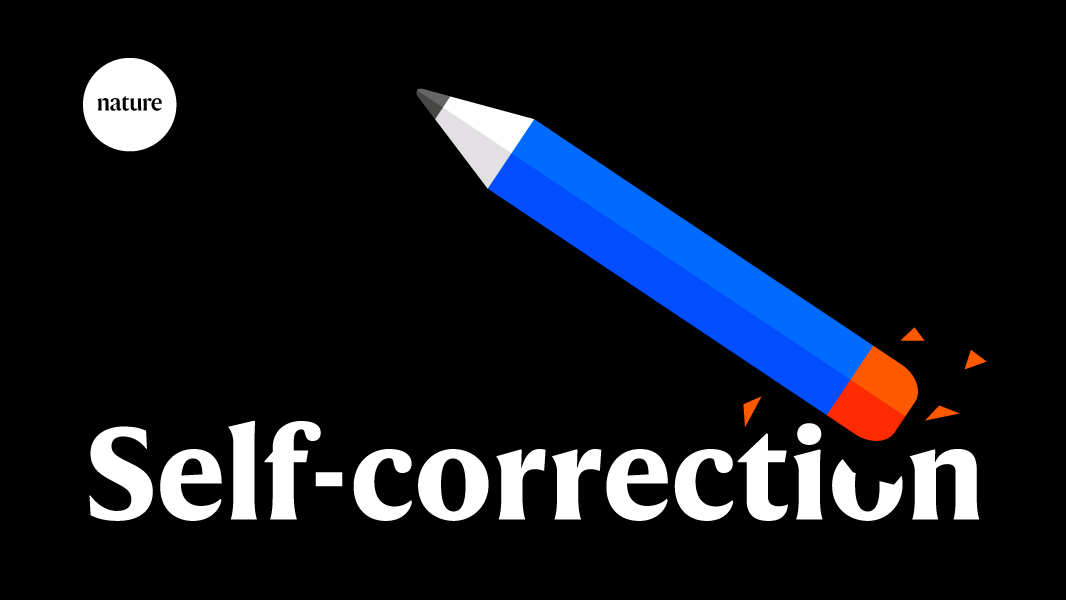
"Many researchers have historically considered moderate alcohol consumption healthy, illustrating how methodological errors can lead to significant misinterpretations in scientific literature."
"Researchers are exploring various strategies to enhance the accuracy of scientific findings, including methods like peer review, replication studies, and the use of AI."
"The current episode highlights the importance of implementing practical solutions, such as incentivizing error detection to improve the integrity of scientific research."
"Addressing errors in scientific research requires a multifaceted approach, emphasizing the role of peer review and exploring innovative tools to ensure findings are valid."
Researchers are examining numerous innovative approaches to enhance the accuracy and reliability of scientific findings. Historical methodologies, such as considering moderate alcohol consumption beneficial, demonstrate how errors have skewed interpretations over time. Efforts to refine the scientific literature involve strategies like thorough peer review, replication attempts, and the integration of artificial intelligence. Additionally, incentivizing individuals to identify errors represents a practical solution aimed at bolstering the integrity of scientific research. These combined measures seek to create a more reliable framework for future scientific investigations.
Read at Nature
Unable to calculate read time
Collection
[
|
...
]